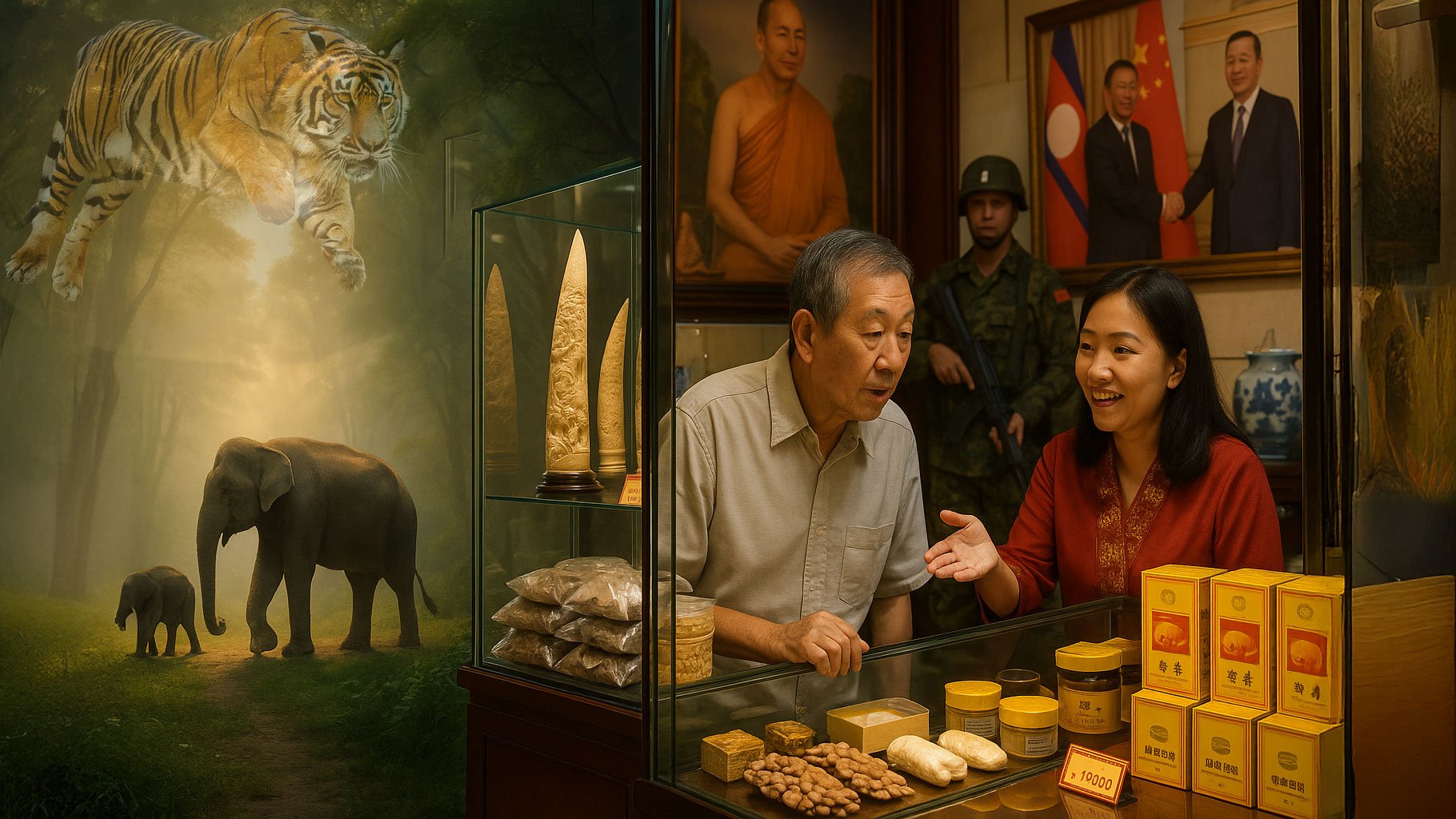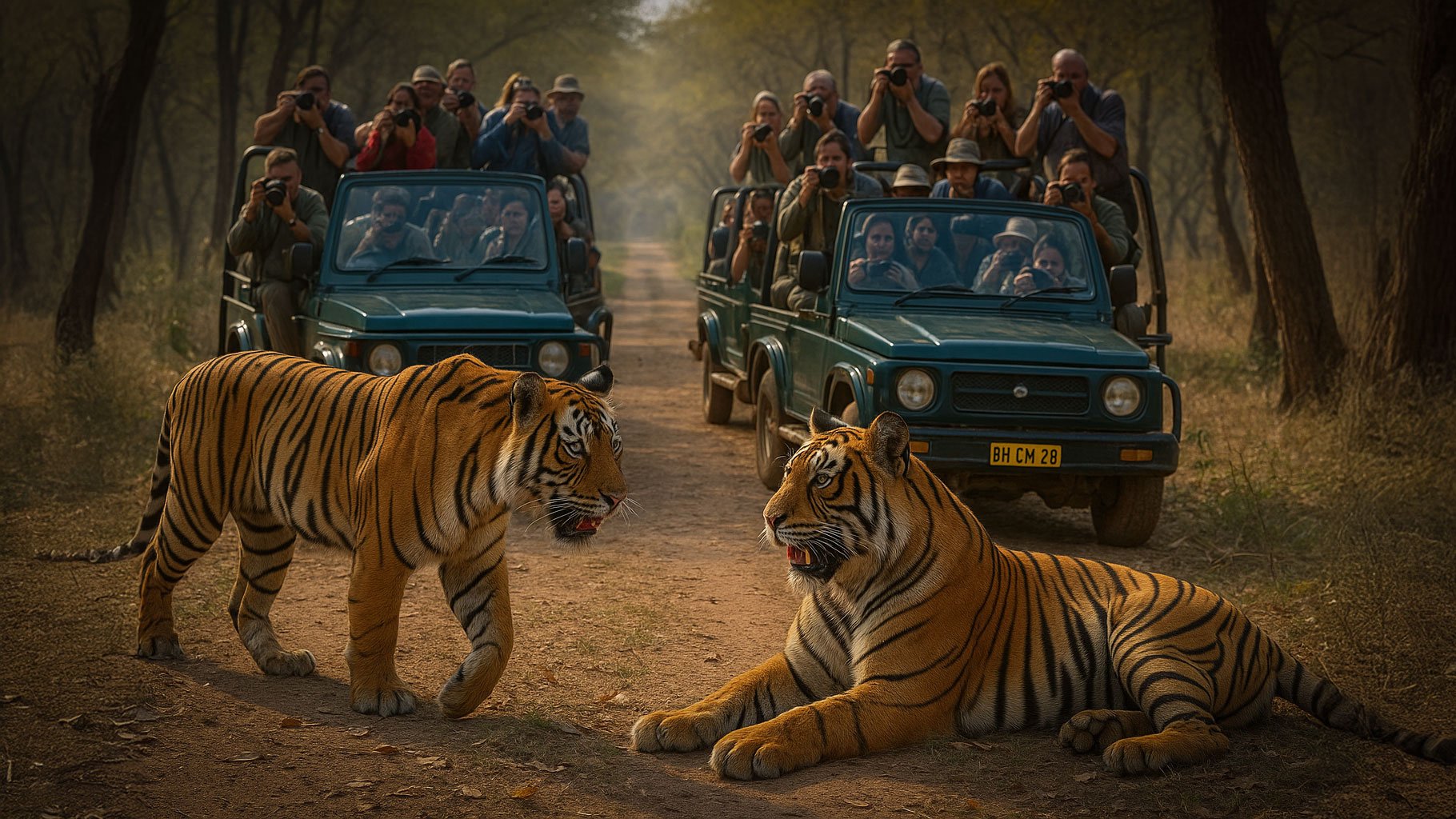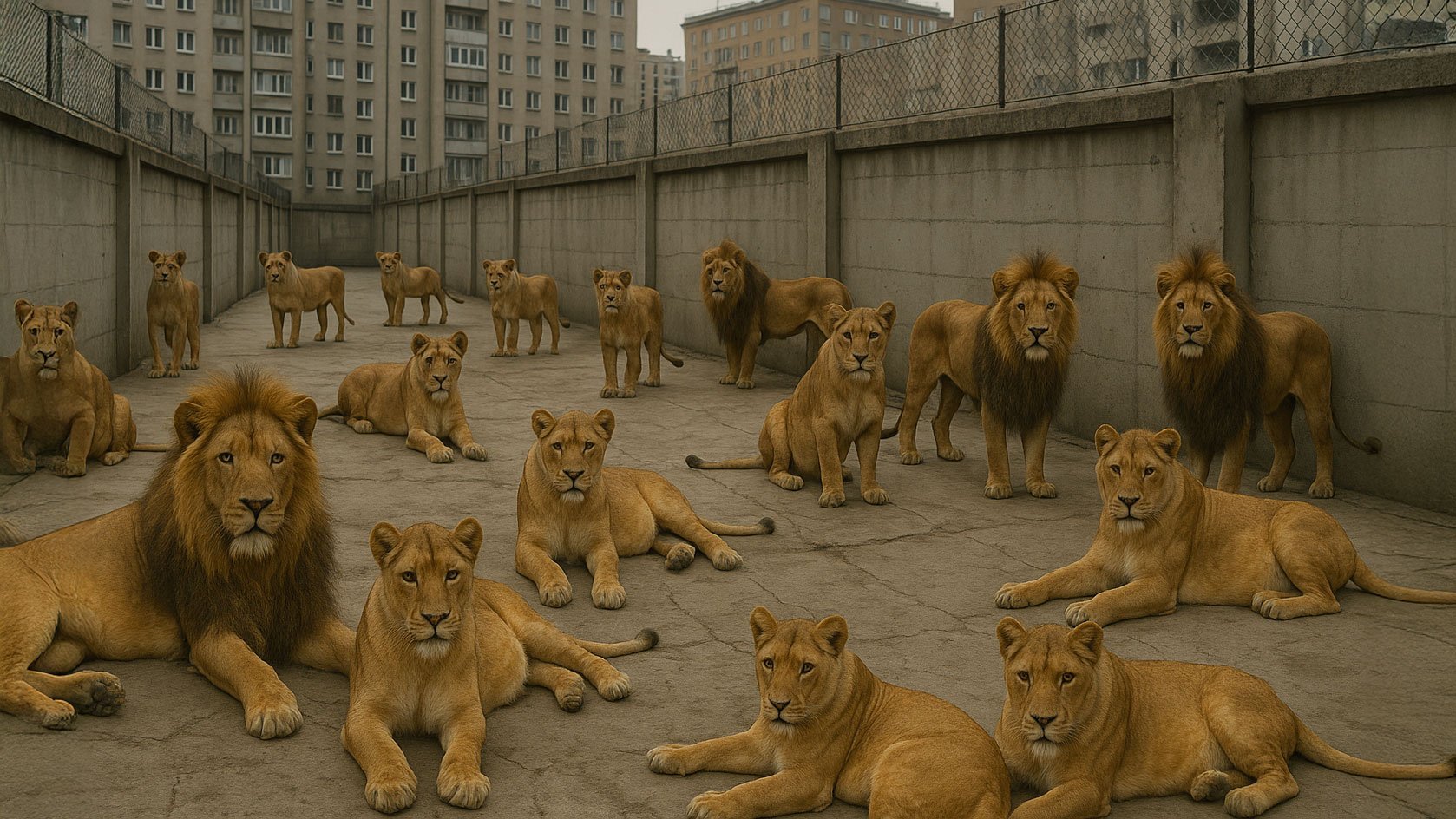Unmasking the Shadows: The Tale of Malaysia's Hidden Wildlife Trafficker
Wildlife Traffickers Thrive on People’s Fantasies of Owning Wild Animals
In the dense, verdant heart of Malaysia, where the symphony of nature plays uninterrupted, a silent tragedy unfolds. For over a decade, an elusive figure, known only by the initials "BK," has been orchestrating a clandestine trade, offering rare and endangered animals to thousands online. His digital storefronts on platforms like TikTok, Instagram, Telegram, and Facebook showcase a menagerie—from vibrant birds and elusive reptiles to primates and even majestic big cats like lions, leopards, and tiger cubs. Each post, written in Malay, hints at his deep roots in the region, while his phone number, traced through Truecaller, points unmistakably to Malaysia.
Operating under the veil of anonymity, BK's advertisements often feature close-up images of the animals, deliberately omitting any identifiable backgrounds, making it nearly impossible to trace their origins. He conducts his transactions primarily through WhatsApp, sharing videos of customers unboxing their new acquisitions, further bolstering his reputation as a reliable supplier. Yet, behind this facade lies a darker reality.
Among BK's offerings was a clouded leopard, a species listed as "totally protected" under Malaysian law. Possessing or dealing in such wildlife without a specific license can result in fines up to RM500,000 (approximately US$112,000) and a prison sentence of up to fifteen years. Despite the severity of these penalties, BK's operations continued unabated, with little interference from authorities.
The breakthrough in unmasking BK came not from sophisticated surveillance or undercover operations but from a disgruntled customer. Feeling cheated after paying for an animal that never arrived, the customer took to Facebook, posting a series of images: BK's house, his family, and several documents, some with blurred bank details, labeling BK as a scammer. These revelations provided crucial clues. By analyzing the photos and cross-referencing with available data, investigators geolocated BK's residence in Klang, Malaysia. Further scrutiny revealed that BK had previously operated under the name "Noor Hasni B" and was linked to an individual named Mohamad Ridzuan Bin Norizan. This connection was corroborated by a PDF from the G-Shock Fan Club Malaysia, listing members' names and Facebook profiles.
Despite these findings, BK remained defiant. When contacted, he dismissed inquiries with a curt, "Sorry u wrong person." Even after platforms like TikTok and Meta (Facebook and Instagram) suspended his accounts for violating guidelines against the sale of live animals, BK resurfaced almost immediately under new aliases, continuing his illicit trade.
The plight of the animals in BK's care is heart-wrenching. Eugénie Pimont, a Wildlife Cybercrime Officer at the International Fund for Animal Welfare (IFAW), expressed deep concern about their conditions. "You don’t need to be an expert to know that clouded leopards, that are considered 'vulnerable' to extinction, like this one in the photo, have no place in a tiny, barren cage," she lamented. "These animals belong in the wild, yet instead, they are trapped in cramped, miserable conditions where many suffer and die from stress, injury, or neglect."
This narrative is not just about one man's illicit activities but a reflection of a broader issue. The illegal wildlife trade poses a significant threat to global biodiversity, pushing many species to the brink of extinction. It also has profound implications for ecosystems, economies, and public health.
But amidst this darkness, there is hope. Organizations like Big Cat Rescue are at the forefront of conservation efforts, striving to protect these magnificent creatures and their habitats. By supporting such initiatives, either through donations or by advocating for responsible citizenship, we can make a tangible difference. Every action counts, from raising awareness to refusing to support illegal wildlife products. One of the most powerful ways you can help is by never liking, sharing, or engaging with images or videos of wild cats being held captive for sale, or being handled as if they could be pets. These posts fuel demand and perpetuate the cycle of exploitation. Instead, support ethical wildlife organizations and content that promotes conservation and the protection of big cats in the wild.
Together, we can ensure that future generations inherit a world where wild cats roam freely in their natural habitats, where the only cages they know are the dens they choose, not the confines imposed by human greed.
Shout out to Bellingcat for their excellent investigation!
https://www.bellingcat.com/news/2025/02/11/the-hunt-for-malaysias-elusive-wildlife-trafficker/














